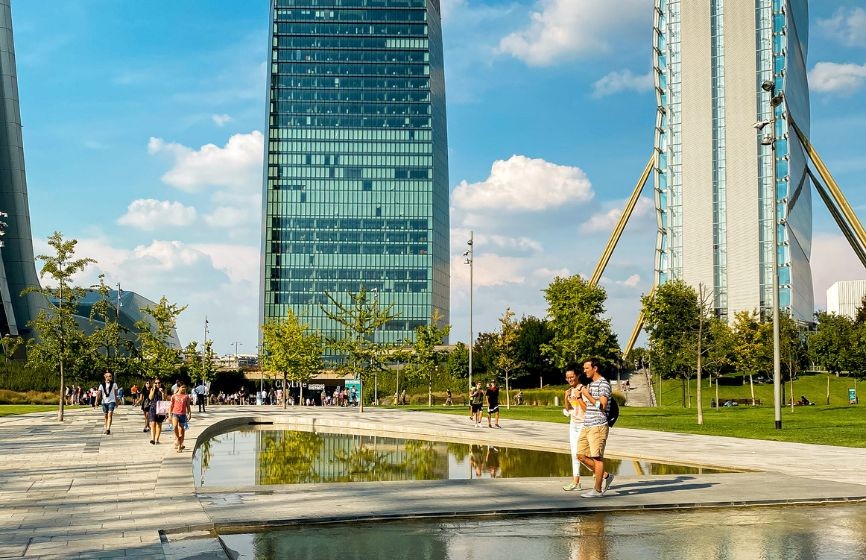Clean Energy & Systems

In the wake of EU initiatives, Italy has designed the Piano per la Transizione Ecologica and the Piano Nazionale Integrato per l'Energia e il Clima 2030 (PNIEC), which set targets similar to what Europe is calling for and, if possible, more ambitious: they call for an increase to 72 % of renewable sources in electricity generation (vs. PNIEC target of 55 %) and to install about 70 GW of additional renewable energy by 2030.
The country is already active in this regard and some investments have already been made: new renewables capacity installed in Italy during 2021 was 1,351 MW (+70% in terms of capacity vs. 790 MW 2020) and the country surpassed the 60 GW threshold from renewable sources (60,58 GW), which is almost 9 % of European total installed capacity (688 GW).
Concerning energy efficiency, Italy is addressing this topic with some specific initiatives, together with substantial fundings coming from the EU Recovery Plan. The "Superbonus 110 %" measure approved by the Italian government in 2020 helped to bring in line with the required energy efficiency standards a lot of outdated homes and buildings.
The plan, approved by Milano city council, approved by the city council in early 2022, has among its goals the reduction of CO2 emissions by 45 % by 2030 and bringing them to zero by 2050, the achievement of 75 % recycled waste by 2028, as well as energy efficiency in buildings and urban forestation. Furthermore, Milano aims to comply with the limits on NOx and PM10 concentrations set by European Directive 2008/50/EC and contain the local temperature increase to within 2°C by 2050.
The main areas of focus will be mobility, for which a transition from polluting vehicles to green and shared transportation is planned; renewable energy production, through the installation of photovoltaic panels to meet the energy needs of public offices, schools, and public housing; and the transformation of parking areas into parks and green spaces and the planting of trees.
In 2020, the Italian government approved the measure "Superbonus 110 %" which consists of a 110 % deduction of expenses incurred for the implementation of specific interventions aimed at energy efficiency and static consolidation or seismic risk reduction of buildings. The relief is in addition to the deductions, already in effect for many years, due for energy upgrades to buildings (ecobonus).
Indeed, this incentive has been effective in bringing large numbers of outdated homes and buildings in line with the required energy efficiency standards.

 Log in
Log in